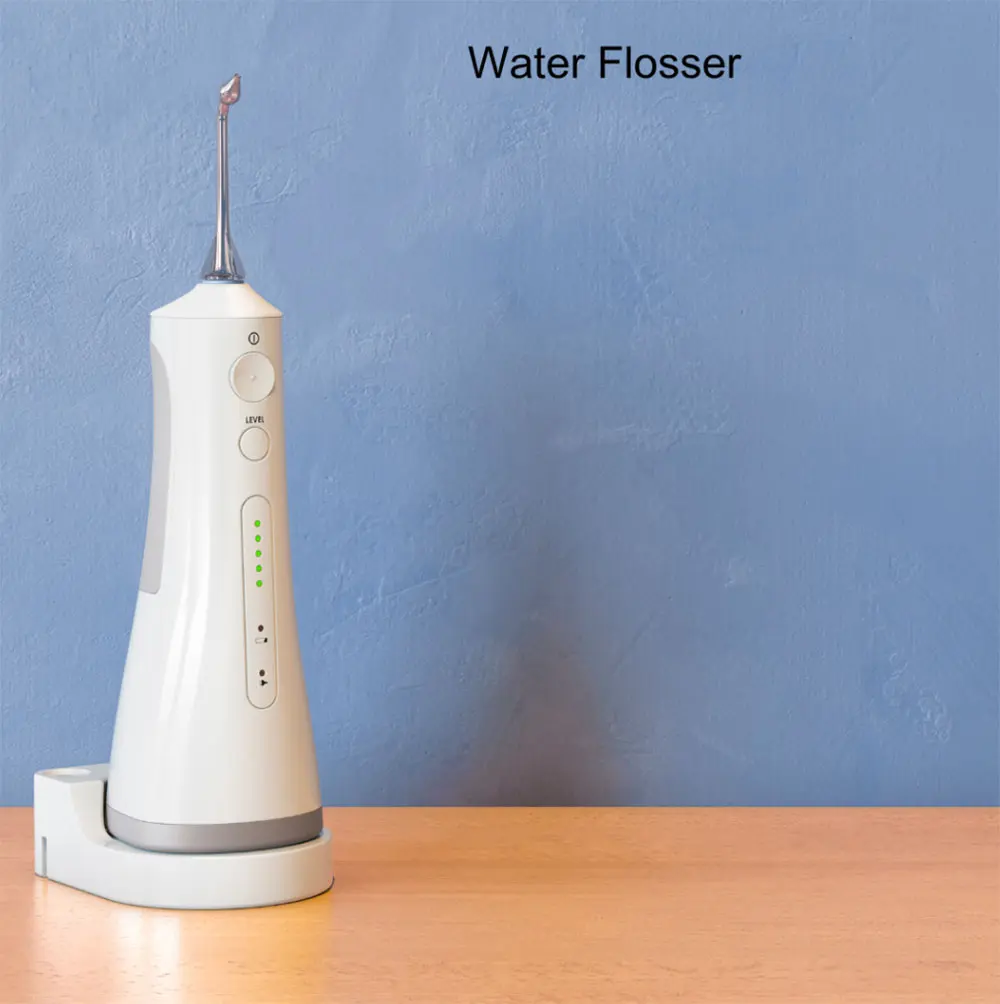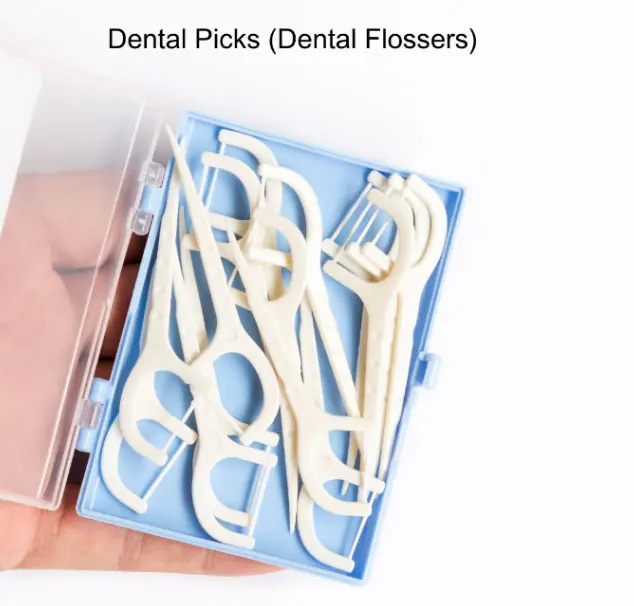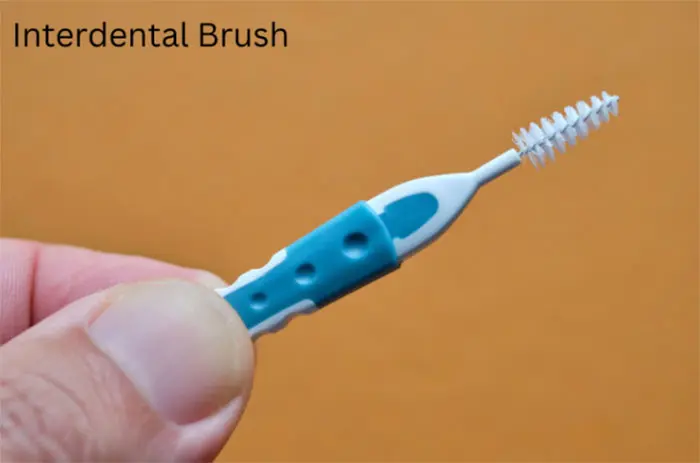Reviewed By Dr. Tyler N Davis, DMD
Reading Time: 6 minutes
Let’s clear something up – flossing isn’t just that dance move your kids are obsessed with. It’s actually one of the best ways to keep your teeth happy and healthy. But with so many types of dental floss out there, it can feel like you’re choosing a flavor at an ice cream shop. So, how do you pick the right one for your pearly whites?
In this blog, we answer 8 FAQs about dental floss and floss alternatives.
Key Takeaway
Whether you opt for traditional floss, interdental flossers, or a water flosser, the key is to find a method that fits your needs and use it consistently. Proper flossing helps prevent plaque buildup, gum disease, and cavities, ensuring your smile stays healthy and bright.
Table of Contents
- Does Dental Floss Expire?
No, dental floss does not expire. However, the materials have a designated shelf life, so there is an expiry date on the package. If you have really old floss, you will notice that there is less flavor and the floss might not be as strong as it was before. There is nothing wrong with using old floss, just make sure it’s doing it’s job. If the floss is breaking or fraying while you’re using it, it’s time to replace it.
- How Do You Floss a Dental Implant?
Flossing dental implants is important to prevent plaque buildup and ensure their longevity. You may find it helpful to use a floss threader, a small, flexible tool that looks like a needle and is used to help guide floss between tight spaces. You thread your floss through the loop of the threader and then use it to pull the floss beneath the implant.
Once the floss is in place, gently move it around the implant to remove any debris or plaque. Avoid using excessive force to protect the surrounding gum tissue.
🦷This method is particularly important for people with dental implants because it helps prevent peri-implantitis, an infection that can occur around implants if plaque is not properly removed.
- How Do You Floss a Dental Bridge?
Super floss is a special type of floss designed for cleaning around dental appliances like bridges, braces, and implants.
It has three unique components: a stiffened end for threading under appliances, a spongy middle section for cleaning around the appliances, and a standard floss section for removing plaque under the gumline.
Gently slide the floss under the bridge and move it back and forth to clean the space between the bridge and your gums.
🦷Flossing under a dental bridge is important for preventing gum disease and decay in the supporting teeth, which can be more susceptible to plaque buildup due to the bridge’s structure.
- Should I Use a Water Flosser?

If you are someone who really doesn’t like using string dental floss, then a water flosser is a great option!
Water flossers use a pulsing jet of water to clean between your teeth and along the gumline. You can adjust the pressure to suit your personal comfort level.
You might find a water flosser particularly helpful if you:
- Have braces: If you wear braces, a water flosser can help you clean around brackets and wires more effectively. It helps wash away food particles and plaque that your regular toothbrush and floss might miss.
- Have dental implants: For dental implants, a water flosser reaches under the crowns and cleans around the implant base. This can be tricky with traditional floss, but a water flosser makes it easier to maintain cleanliness and prevent complications.
- Struggle to floss regularly: If you avoid flossing because you don’t like string floss, a water flosser is a great option. The important thing is that you choose an option that you will use regularly.
- Are Dental Picks as Good as Floss?

Dental picks, also known as dental flossers, can be useful, but they’re not as effective as regular floss. Here’s why:
- Designed for large particles: Dental picks are great for dislodging large food particles but don’t remove plaque as effectively as floss.
- Limited reach: Floss wraps around teeth and cleans below the gumline, but dental picks have a more limited reach.
- Best as a supplement: Keep dental picks in your car or handbag and use them when you are out and about. They are great to have if you have something stuck in your teeth!
- What Are Interdental Brushes?

Interdental brushes are a convenient alternative to traditional floss. Here’s why they might work for you:
- How they work: These brushes are designed to clean the sides of the teeth and between the teeth. They are like a toothpick with bristles. They come in various sizes, so they can fit between the teeth no matter how tight or wide the space. They are a great option for individuals with braces.
- Quick and convenient: They’re also handy for on-the-go cleaning, allowing you to freshen up between meals.
- How Often Should I Floss?
Flossing should be a daily habit. Choose a flossing method that you like and stick to it!
- Aim to floss at least once a day, ideally before brushing at night. This helps to remove plaque and food particles that your toothbrush might miss.
- Regular flossing prevents plaque buildup that leads to cavities, gum disease, and bad breath. Consistency in your flossing routine is key to maintaining long-term oral health.
- How to Floss Correctly
Here’s a quick overview:
- Use enough floss: Start with about 18 inches of floss, wrapping most of it around one middle finger and the rest around the opposite middle finger.
- Move gently: Gently maneuver the floss between your teeth with a soft sawing motion, taking care not to snap it against your gums.
- Create a C-shape: Curve the floss into a C-shape against each tooth, cleaning both sides of the tooth and just below the gumline.
- Repeat for each tooth: Use a clean section of floss for each tooth.
For a more detailed guide on how to floss, check out our how-to guide here.
Power Road Dental Care – Your Partners in Oral Health
What we want you to take away from this blog is that flossing is an important part of keeping your teeth and gums healthy. The type of floss you use is ultimately up to you. What’s important is that you choose one that you will use regularly!
You only have one set of teeth; don’t take them for granted!
At Power Road Dental Care we offer comprehensive dental services, along with personalized recommendations for your unique oral health needs. Our experienced dentist, Dr. Tyler N. Davis, is dedicated to helping you achieve and maintain a healthy, beautiful smile.
If you are searching for a ‘dentist in Mesa, AZ’ we can help! To book an appointment, call (480) 664-1438 or complete the online booking form.

